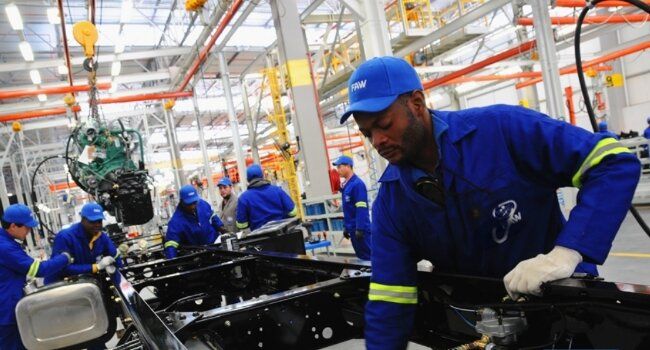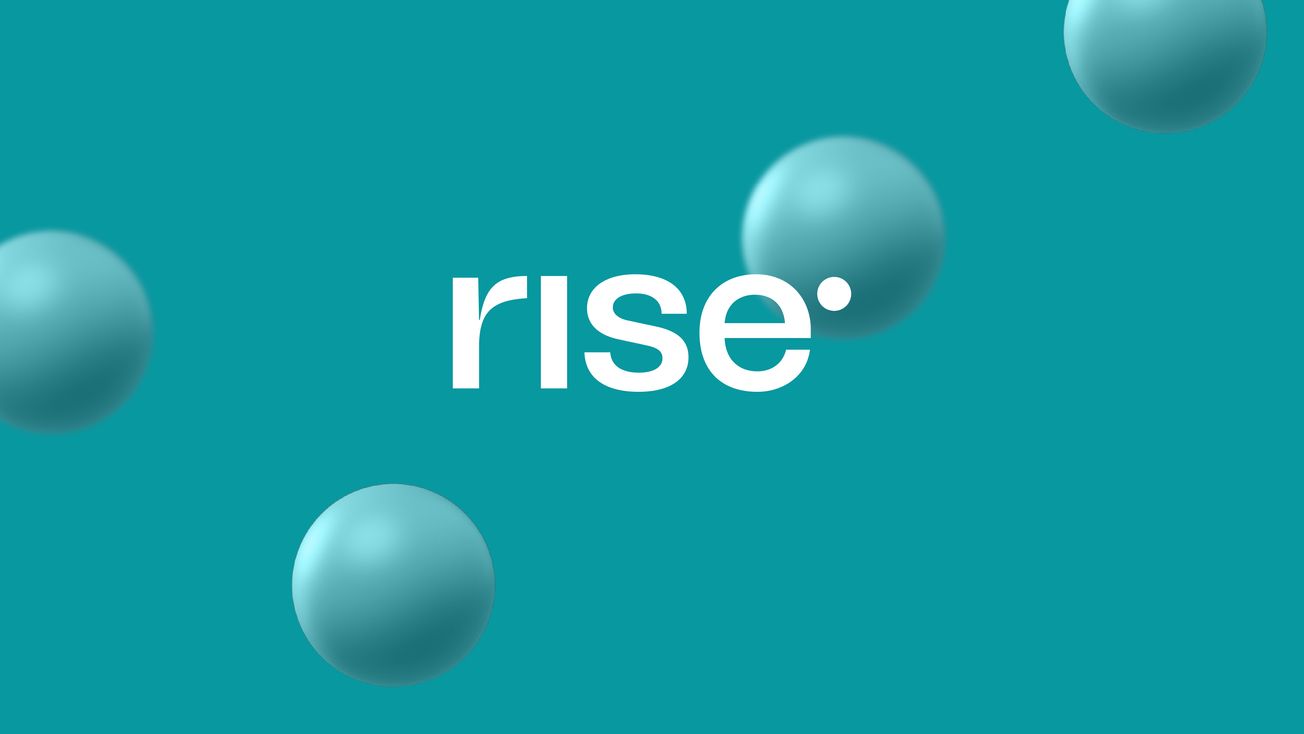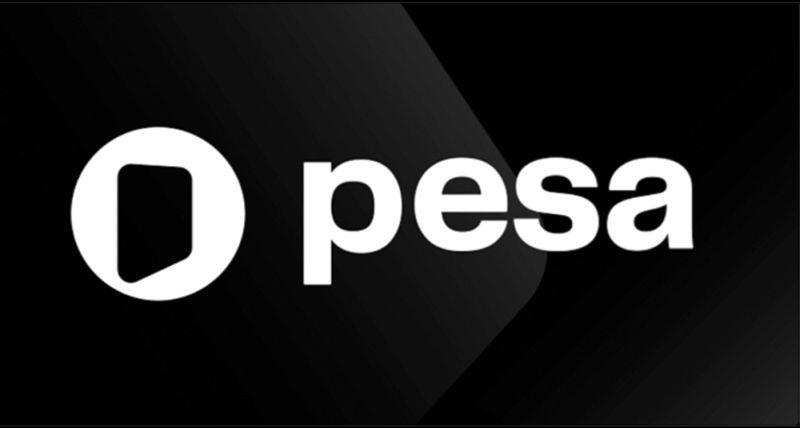Despite the fact that the Central Bank of Nigeria (CBN) declared last Wednesday that the nation’s Manufacturing Purchasing Managers’ Index (PMI) contracted at 46.9 index points, some industries still drove business activities in September.
The industries are Electrical equipment, up from 33.3 index points in August to 66.7 index points; Transportation equipment from 53.8 to 58.1; and Paper products from 44.4 to 50 within the same period.

Though, the Cement industry and non-metalic mineral products dropped from 64.4 to 58.1 and 66.0 to 50.6 index points respectively, the sub-sectors still contributed to the business activities recorded in September.
This was disclosed by the apex bank in its September PMI report released on Wednesday.
Nigeria's manufacturing PMI for August stood at 48.5 index points, indicating contraction in the sector for the fourth consecutive month.
Also, out of the 14 surveyed subsectors, 5 sub-sectors reported expansion (above 50 index points thresholds), while the others contracted.
Meanwhile, the production level index for the manufacturing sector indicated contraction in September 2020 for the fifth consecutive month, as well as Employment level and Raw material inventories.
However, the manufacturing supplier delivery time index stood at 53.5 points in September 2020, indicating faster supplier delivery time for the fifth time.
Is Nigeria coming out of the woods?
Though CBN revealed that only 4 sub-sectors reported expansion in September, contrary to the 6 sub-sectors recorded in August, it is imperative to note that this is an improvement when compared to manufacturing activities in May and June, or the performance in July which saw 12 sub-sectors decline, with one reporting no change, while one expanded.
The impressive performance of cement and other sub-sectors, according to the manufacturing PMI report, is attributable to the expansion in production, new orders, employment, and raw materials’ inventories.
A cursory look at the financials of key players in the industrial goods sector showed that despite the increased cost of higher energy pricing and adverse COVID-19 impacts on transport and naira devaluation, key cement manufacturers still recorded increased topline, driven by demand surge from domestic cement sales.
The Non-manufacturing sector PMI stood at 41.9 points in September 2020, indicating contraction in nonmanufacturing PMI, for the sixth consecutive month.
In all, the development indicates recovery as manufacturers continue to benefit from the ease of the lockdown.
However, conditions within the domestic economy remain relatively tight, reflecting continued uncertainties as investors remain cautious of the lingering risk of the pandemic.






